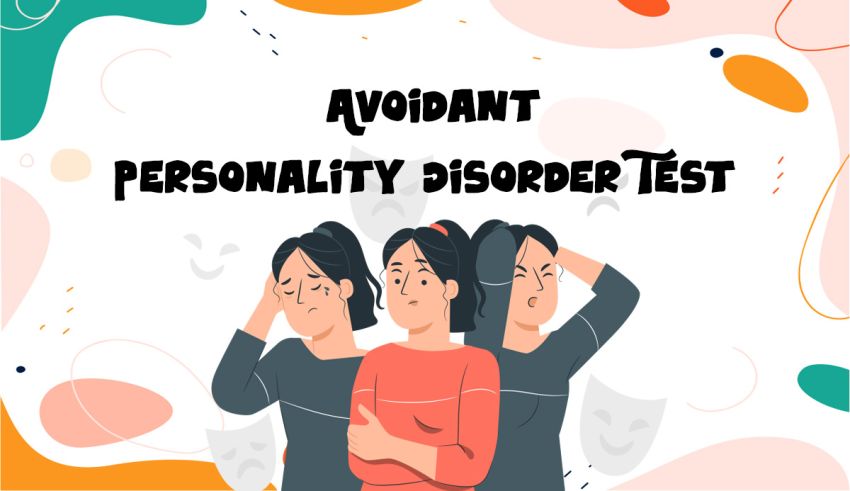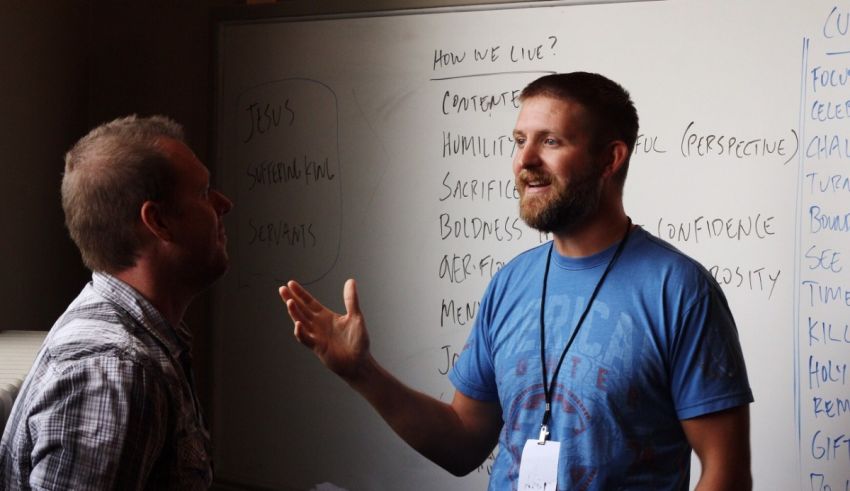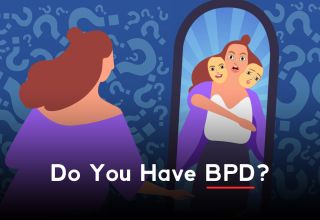
The AvPD Test Explained
It is a set of questions about your social life and how you feel about certain collective experiences. The goal is to discover if you are excessively preoccupied with being criticized/rejected or not. It uses the DSM-5 latest guidelines on how to identify a person with Avoidant Personality Disorder.
According to Dr. Ramani Durvasula, “AvPD is a pervasive pattern where a person feels very inadequate and anxious in a social setting. Such an individual believes to be inapt, socially unskilled, and very inhibited about group activities.” The quiz on this page reveals if you match the description or not.
7-Factor Accurate Avoidant Personality Disorder Test
You should be aware of this condition’s symptoms to answer questions like, “Do I have AvPD?” According to the 5th edition of the Diagnostic and Statistical Manual of Mental Disorders, a person must have 4 or more of the following symptoms to be diagnosed with Avoidant Personality Disorder.
#1: Social Activity Avoidance
AvPD is a Cluster C condition. It means that the patient shows fearful thinking or anxious behavior in certain situations. That is why social activities sound scary or unpleasant to the people in this category.
#2: Engaging with Limited Trusted People
Fear rejection is so intense that the patient prefers to limit their interactions. So, they tend to spend time with friends or family members who have proven to like them.
#3: Restrain within Intimate Relationships
Speaking up and revealing feelings or thoughts is challenging for people with this condition. So, they avoid getting intimate in their relationships—as it requires a certain level of transparency.
#4: Rejection Preoccupation
AvPD patients constantly think about how scary or painful it would be to be rejected or feel ashamed. Such thoughts are so intense that they might interfere with the patient’s everyday life. Some statistics show that the unemployment and illiteracy rates are higher among this group.
#5: Inhibition in Interpersonal Situations
One of the most common symptoms of Avoidant Personality Disorder is inhibition. The patient feels so self-conscious or embarrassed that they show no spontaneity.
#6: Downgrading Self-Views
Most people with this condition consider themselves socially unskilled or even mentally or emotionally weak. It is common among individuals in this category to constantly ask, “What is wrong with me?”
#7: Reluctancy to Take Risk or Try New Things
If you have AvPD, it sounds nearly impossible to you to try something extraordinarily new. That is because risks and adventures always come with unpredictability and impulsiveness.
Who Is Ready to Take the Test?
You should be 18+ years old to take the Avoidant Personality Disorder Test. That is because a diagnosis before early adulthood is not 100% reliable. Experts suggest that you need to wait until the individual’s character is assessable. That is when you can diagnose them with a Cluster C disorder.
Note: the quiz does not have any age-restricting features. So, people below 18 years of age can take it, too. But you need to be in your early adulthood to receive the most accurate results.
Other Information You Get from the AvPD Quiz
The questionary provides you with a psychological analysis of your personality. So, it offers you a detailed answer—rather than a yes or no. Your results include the following pieces of additional information.
· Possibility of Social Anxiety
AvPD is more of a social phobia than an excessive nervousness. The test can distinguish between the two conditions and provide the correct diagnosis.
· Possibility of Dependent Personality Disorder
DPD has similar symptoms to Avoidant Personality Disorder. So, some might confuse the two. However, our quiz identifies which condition matches your character accurately.
· Depression
It is normal for Cluster C patients to ask questions like, “Am I depressed?” But such a condition might be irrelevant to a social phobia—or it might be its byproduct. You can understand the relation between the two disorders in your test result.
What Is NOT Avoidant Personality Disorder?
Like many other mental conditions, there are lots of myths and misunderstandings surrounding AvPD. However, you should know that the following terms CANNOT be used to describe this Cluster C disorder interchangeably.
Shyness
People with Avoidant Personality Disorder might feel shy in certain situations. However, shyness is not their problem—it is a side-effect of a deeper mental state.
Social Awkwardness
Not being a socially skilled or outgoing person differs from having AvPD. So, the term “social awkwardness” should not be used to describe the said condition.
Anxiety
All Cluster C illnesses include anxious behaviors and nervousness. But, again, it is a byproduct of their actual mental state—not the whole problem.
What Causes this Condition?
It is not scientifically clear that what exactly causes social phobia. However, four elements are believed to play crucial roles in its formation, childhood experiences, temperament, genetics, and attachment style.
Childhood environment
Traumas such as being bullied, humiliated, or neglected as a kid can lead to AvPD during adulthood. Such experiences damage the person’s self-esteem and self-confidence, making them inhibited and overly self-conscious in the future.
Temperament
Hypersensitive or insecure kids are more likely to face Avoidant Personality Disorders in their lives. So, the early signs of a child’s temperament might indicate an upcoming mental condition—and, therefore, should not be neglected.
Side note: You can take our exclusive Temperament Test to explore your behavioral patterns.
Attachment style
The AvPD test looks for any signs of insecure attachment. Such a pattern indicates higher chances of facing a mental condition.
Genetics
While not completely proven, some psychologists believe that genetics affect AvPD. Kids with parents who have Cluster C conditions are more prone to similar problems.
Read Before Taking the AvPD Test
Keep in mind that this is a treatable disorder. CBT or Cognitive Behavioral Therapy is one of the most reliable treatments. However, in recent years, other methods such as group therapy have proven highly effective.
Disclaimer
The Avoidant Personality Disorder Test uses the DSM-5 guidelines. However, it does not provide you with a clinical diagnosis.































